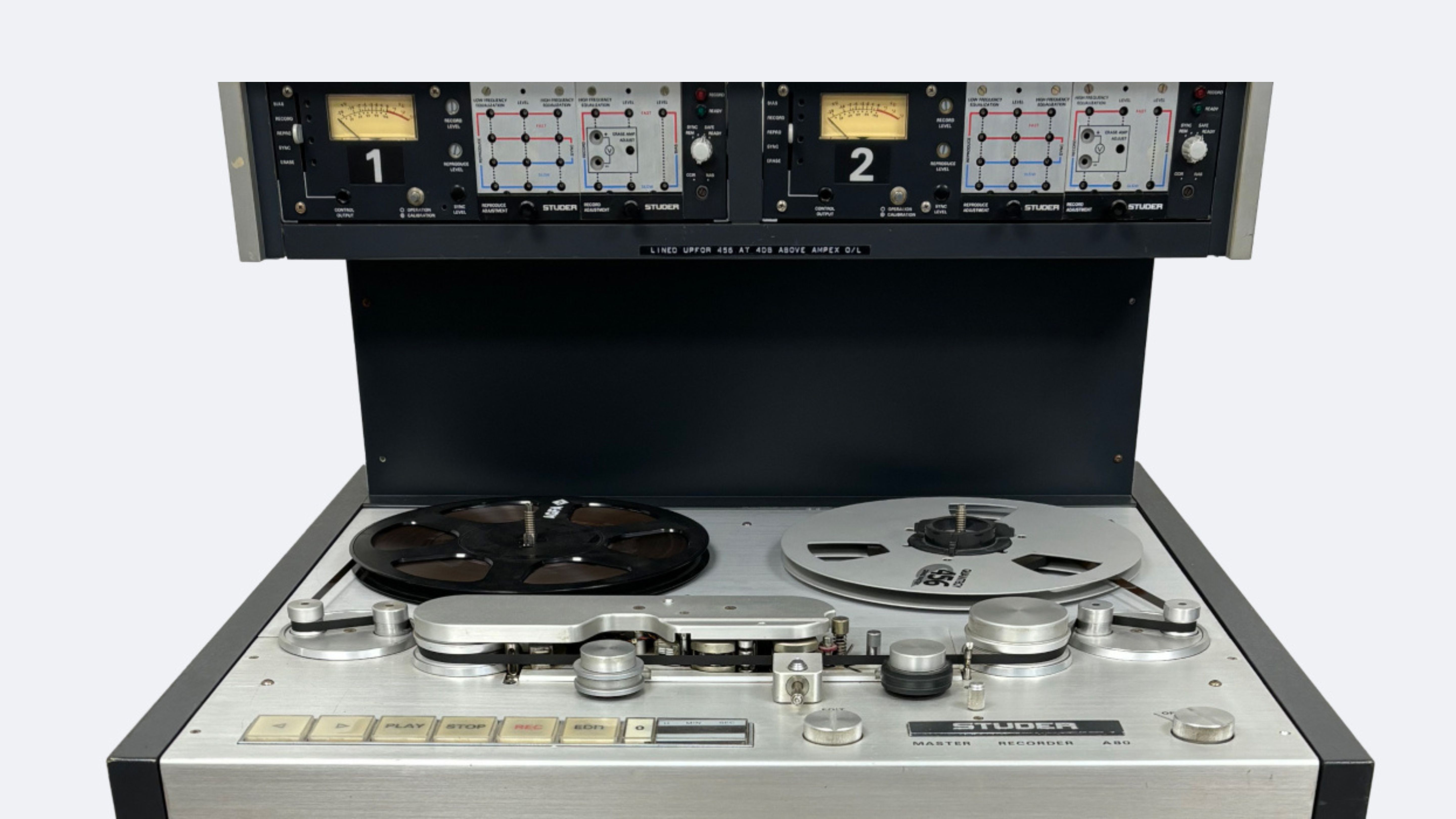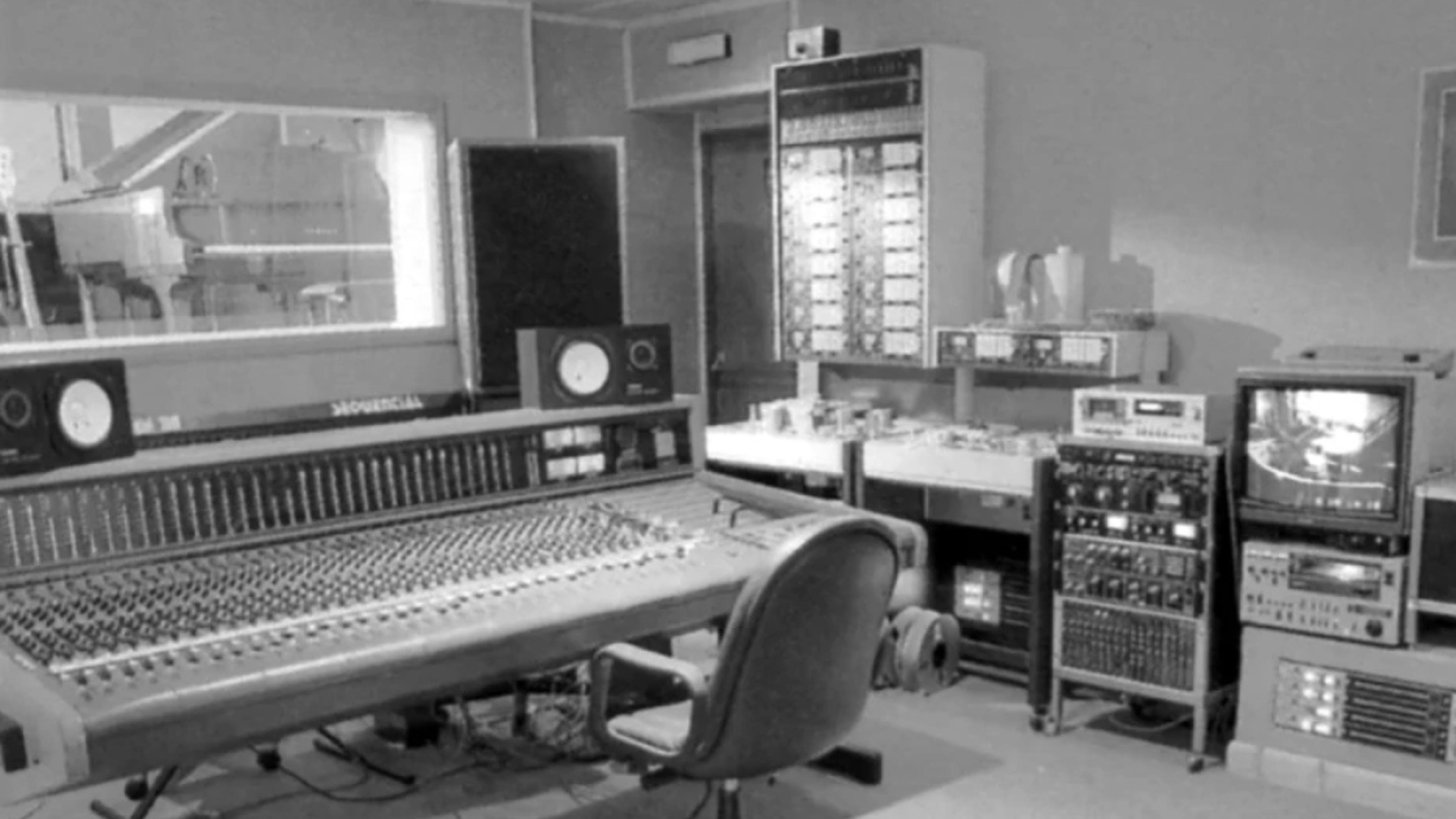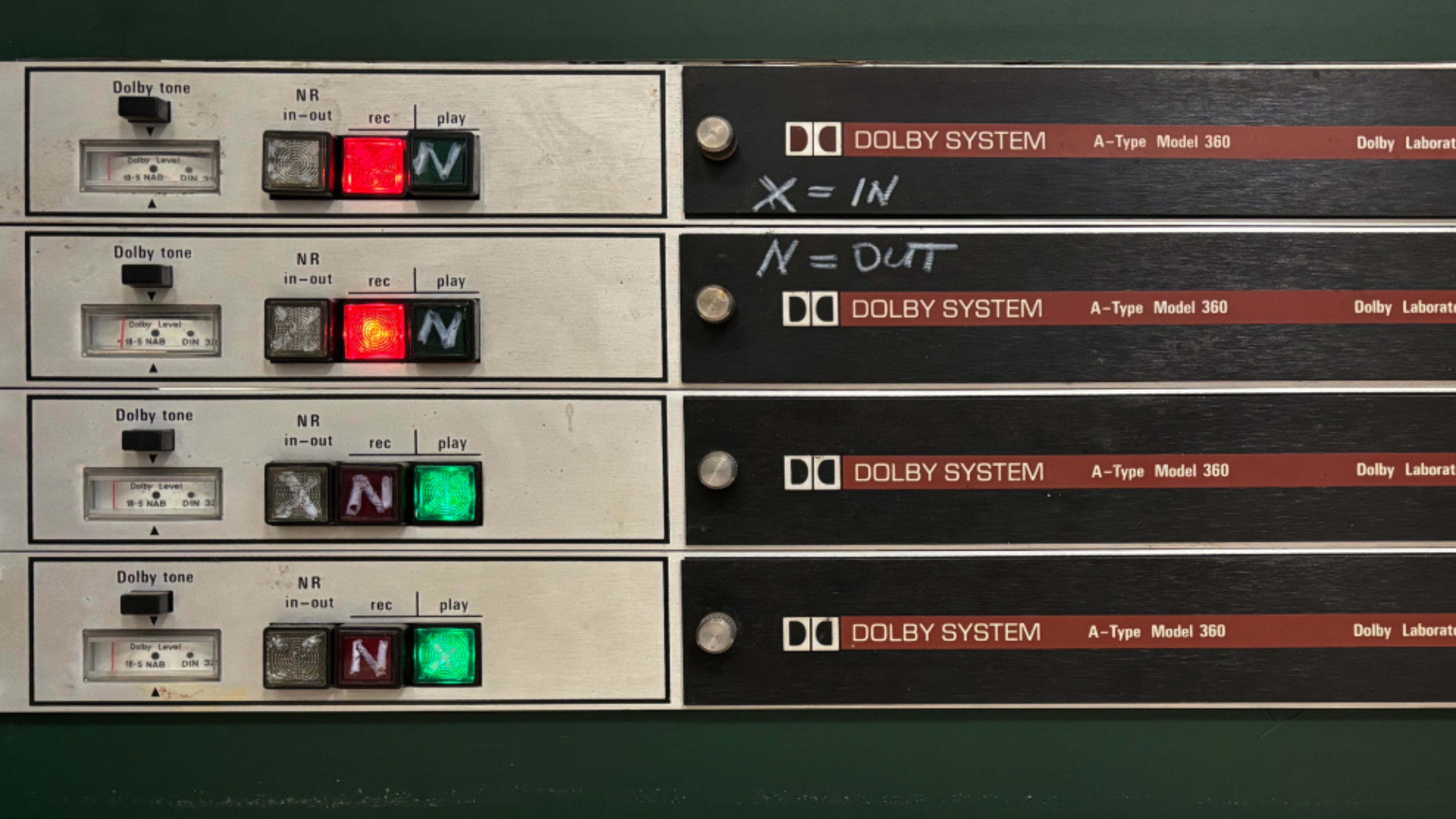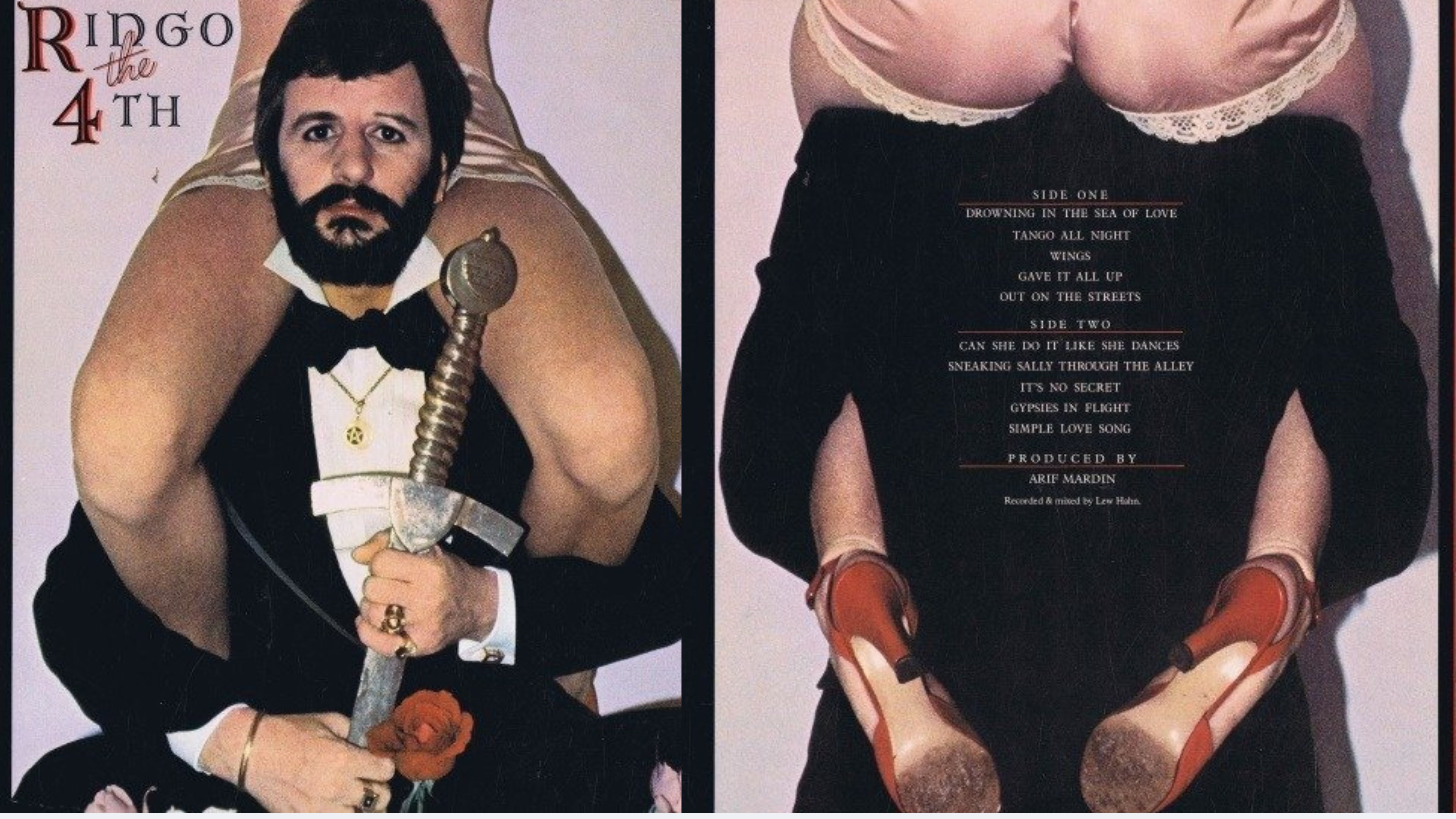Written by Anouk Vleugels | 12 January 2025
A little over ten years ago, Lex van Coeverden—a celebrated sound mastering engineer and producer from the Netherlands—was wandering around an auction house in London when he stumbled upon a historic gem: a Studer A80 Audio Recorder, once used by Ringo Starr at the legendary Startling Studios in Tittenhurst Park.
Van Coeverden happened to be in the market for a new recording machine. “They told me it belonged to Ringo Starr, but that’s about it. But I grew up listening to The Beatles; I’ve visited Abbey Road – so I figured, hey - why not?”
It wasn’t until he connected with Ariel Cabello and Simone Sedda, two Music Experts at Catawiki who tuned into the machine’s iconic history, that he learned the full story.
Tittenhurst Park
His Studer A80 was modified over five decades ago by Eddie Veale, the sound engineer closely associated with The Beatles during their most transformative years. The machine was commissioned by Ringo Starr in the early 1970s, following his purchase of Tittenhurst Park in 1973—a property owned by John Lennon, where he built a recording haven known as Ascot Sound Studios.
Starting Studios in the 1970s – the A80 is the second one from the left
When Ringo Starr acquired the estate, he renamed it Startling Studios, and naturally turned to Veale, the engineer who had originally designed Ascot Sound Studios, to create this next-generation recording space. With his deep knowledge of the studio’s setup and functionality, Veale was uniquely positioned to bring Ringo’s vision to life.
“What makes this machine so unique is that it was specifically created and modified for Startling Studios”, says Cabello. Observing the Studer’s pristine condition, “I’ve seen other A80s from that era but this one runs as if it was built yesterday.”
The studio was home to countless creative sessions that shaped the sound of a generation. Time-transcending musical landmarks including Lennon's Imagine, Yoko’s Fly, Judas Priest’s British Steel, and several of Ringo’s own works, have been recorded between those four walls.
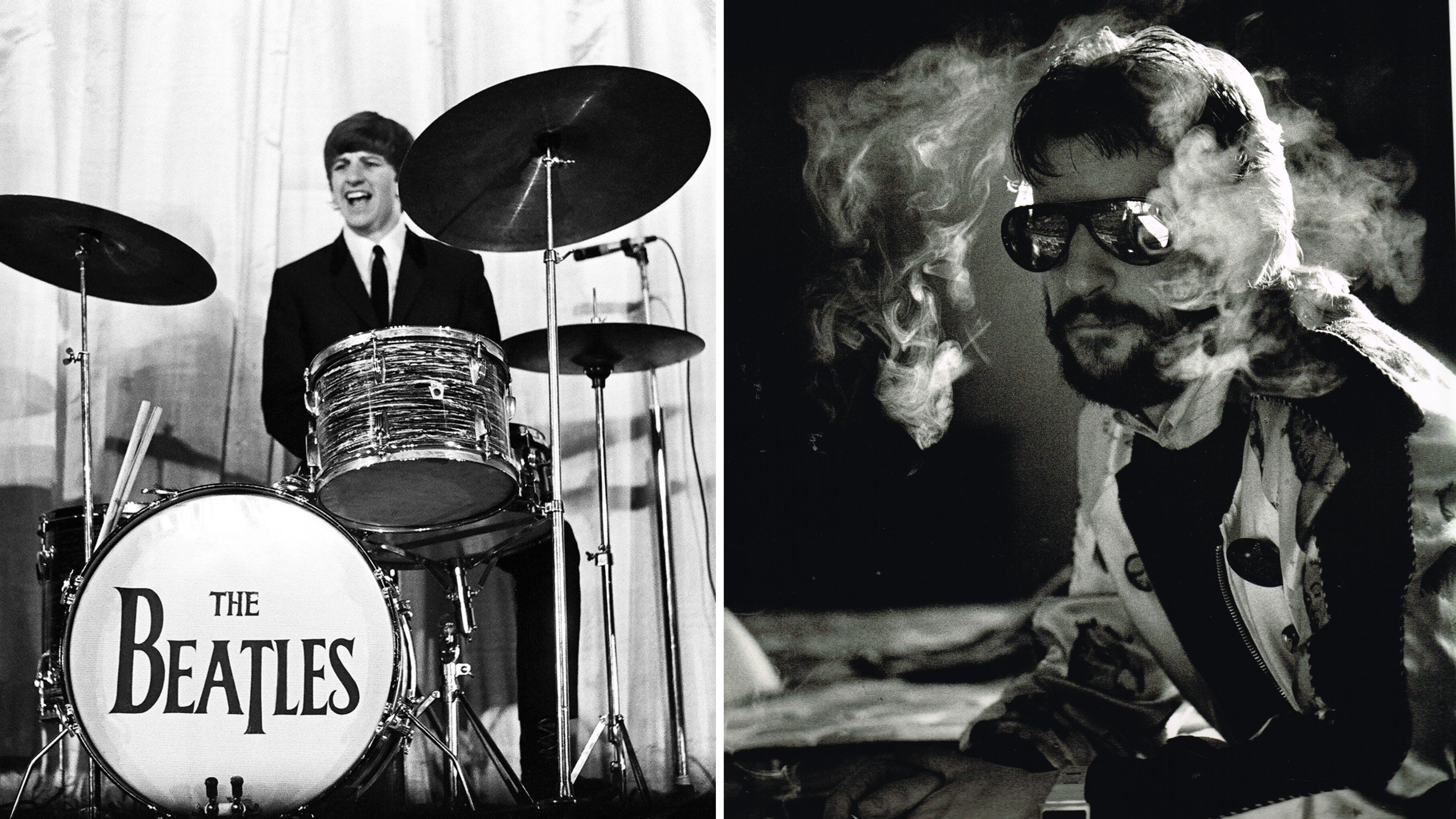
Ringo Starr in 1964 and 1974
Though the machine’s primary use occurred under Ringo’s ownership–such as his Old Wave from 1983–it carries the timeless spirit of Ascot Sound Studios, where monumental artists once experimented with sound and creativity. This recorder, a silent witness to this golden era, marks the transition from Lennon’s visionary spirit to Ringo’s unique contributions to the studio’s legacy -an integral part of The Beatles’ history.
It’s certainly a cool story. The challenging part? Proving without a doubt that this Studer A80 was indeed the machine that once belonged to Startling Studios. “We investigated the machine’s provenance and found many references – but what we needed was hard evidence”, says Cabello. “With Lex’s help, we were able to get in touch with Eddie Veale. He keeps records of the machines he’s worked on in his archive, so we could compare notes and confirm this really was the A80 we were hoping for.”
Close-up of the Studer A80
For Van Coeverden, the investigation fostered a new appreciation for the machine he’d been using for over a decade. “I’m learning something new every day. Last week, Simone gave me a list of all bands that recorded on it during Ringo’s ownership – I never knew any of that stuff.” That list includes Judas Priest's album British Steel and some of Ringo Starr’s solo albums from that era, such as Ringo the 4th and Bad Boy. Additionally, according to Sedda, some of the albums by Whitesnake and Def Leppard made between the mid-1970s and early 1980s have almost certainly passed through this machine.
Ringo's Recorder could be yours next
The Studer A80 is currently up for auction, estimated at €45,000. Who might be its next owner? “Someone who loves The Beatles and music history, for sure,” says Van Coeverden. Sedda and Cabello expect the next owner to work in the music industry–perhaps with a recording studio themselves. And who knows, some of the musical magic might rub off once more. “It’s what Pink Floyd used to call ‘the ghost in the machine’,” says Cabello. “When you take out all the technology, what’s left is the machine’s soul—a bit of mysticism that might help you create the next hit record.”
